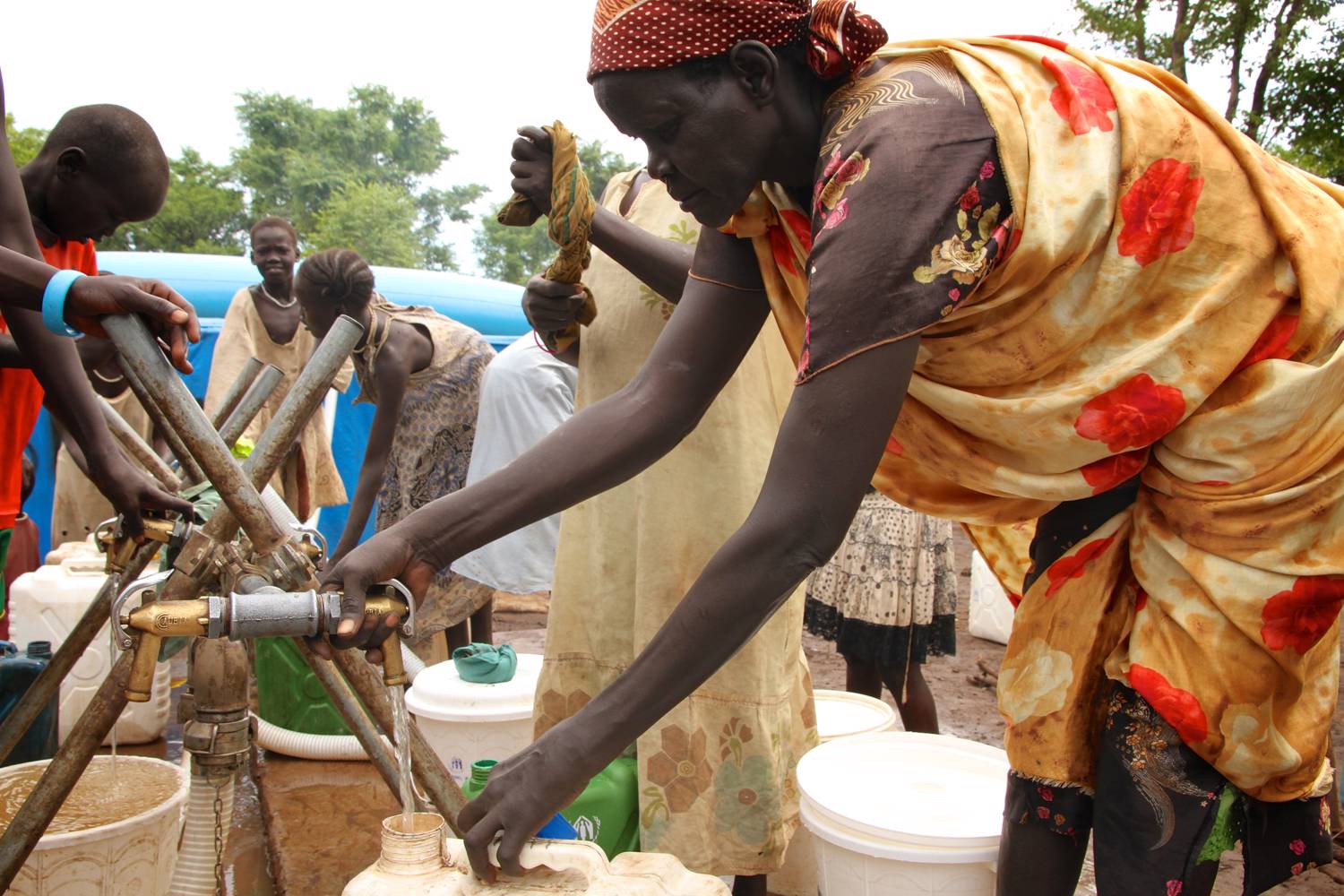
Despite the magnitude of displacement, extant knowledge on how refugees affect host populations is derived almost exclusively from Western societies. We lack completely evidence-based, generalizable insights of such dynamics in the Global South.
A project addressing this challenge has today received funding from the FRIPRO Programme of the Research Council of Norway: TRUST: Attitudinal Impacts of Refugees on Host Communities in the Global South.
The project will last for 3.5 years, and will be led by Halvard Buhaug. Other PRIO members of the project team are Andreas Forø Tollefsen and Siri Aas Rustad, as well as a new PhD position. Congratulations!
Recent years have seen unprecedented levels of forced migration. At the end of 2017, 68.5 million people were forcibly displaced worldwide, the highest figure ever recorded. Despite vocal concerns about refugee arrivals in Europe, forced displacement is overwhelmingly confined to the Global South. In 2017, 85% of all refugees were hosted in developing countries, with Africa accommodating the largest share.
Despite the magnitude of displacement, extant knowledge on how refugees affect host populations is derived almost exclusively from Western societies. We lack completely evidence-based, generalizable insights of such dynamics in the Global South, critically hampering the formation of effective and inclusive capacity building programs to assist people of concern.
The TRUST project steps up to the challenge.
It will provide the first systematic, comparative investigation of how refugee arrivals affect host perceptions of trust and well-being and how contextual factors shape this relationship. This will be accomplished by analyzing survey data of 200,000+ respondents across 37 African countries, coupled with new refugee settlement data, in a quasi-experimental analytical framework. Four dimensions of trust and well-being will be studied:
- Political trust
- Social trust
- Perception of economic security
- Perception of physical security
Special care will be taken to identify contextual and cross-cutting patterns. In addition, the project will conduct ca. 5-6 qualitative case studies, including stakeholder interviews, to validate survey findings, shed new light on deviant cases, and facilitate further theorizing.
Hosted at PRIO, this collaborative project brings together talented scholars with diverse backgrounds and complementary skills from four institutions in three countries.
Non-PRIO project members:
- Karin Dyrstad from NTNU
- Carlos Vargas-Silva from University of Oxford
- Kerstin Fisk from Loyola Marymount University





